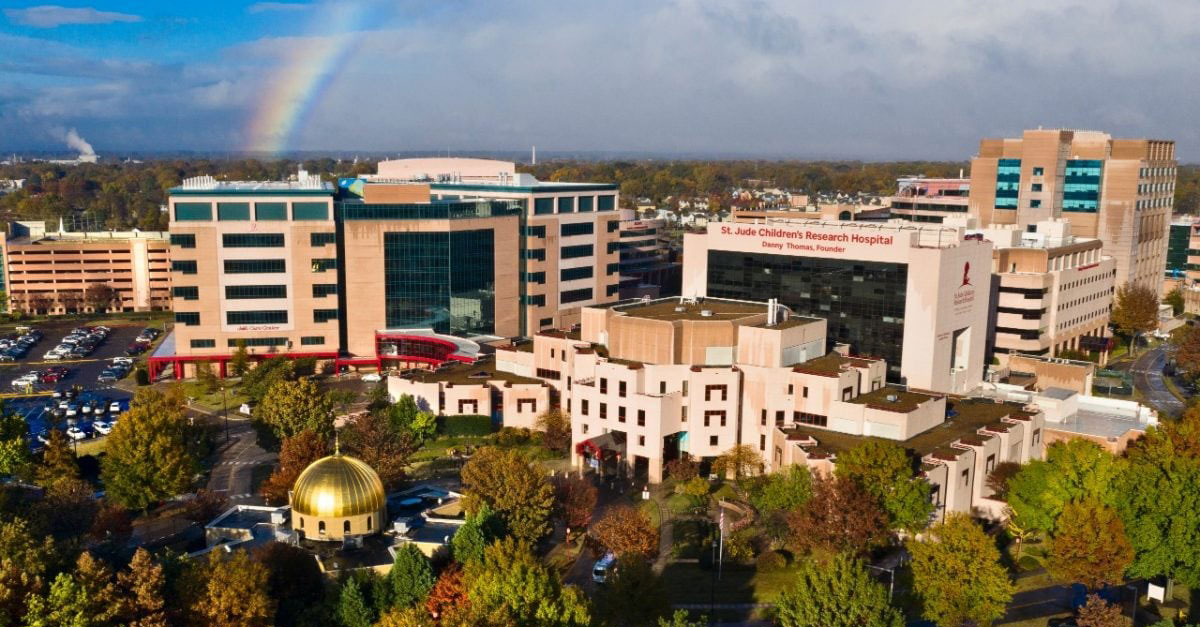In the last three years, Haffar and Pierce have met with Ulrike Reiss, MD, Director, Hemophilia Treatment Center at the hospital and the principal investigator, to develop the clinical program. Haffar has shared his experiences working with hemophilia treatment centres (HTCs) in developing countries as part of the WFH Humanitarian Aid Program, while Pierce has shared his experiences developing hemophilia medicines and gene therapies, including in some lower income countries. The team met several times a year to help identify countries and HTCs that would be appropriate for the trials, and also to develop the clinical program.
The gene therapy clinical trials—which will be free for all participants—will consist of the Factor IX gene in an Adeno-associated virus (AAV) 8 vector. The Factor IX gene contains the Padua mutation to give it more activity, like most other Factor IX trials. The drug is very similar to what St. Jude and the University College London, U.K., collaborated on in an original successful trial with native Factor IX, published in 2011. The gene construct is similar to that of etranacogene dezaparvovec.
The team identified five HTCs in five countries to work with: Bangkok, Thailand; Hanoi, Vietnam; Colombo, Sri Lanka; Kathmandu, Nepal; and Lima, Peru. With the St. Jude team, Haffar and Pierce visited the first four countries in spring 2023 to inspect the sites. They also helped identify the clinical trial team—a critical step because gene therapy trials demand large teams. They then met with patients to explain gene therapy as a treatment as well as what is involved in a clinical trial. The team will visit the last site, Lima, Peru, shortly.
St. Jude will make the final decisions on the sites later this year, and for now, they will continue to develop the program. Significant progress is being made, and AAV vector is already being manufactured. St. Jude plans to file the regulatory documents required to start the study in the U.S. later this year, and they will also begin to get the overseas sites ready to start the trial. Each site will need to submit the study protocol to their central and local regulatory authorities.
This is an exciting first step in the journey to demonstrating that gene therapy can be successfully administered, and, more importantly, that patients can be followed for both rises in Factor IX activity and for safety over a long period of time.
To find out more about the WFH Humanitarian Aid Program, please click here. To find out more about WFH research and data collection, please click here.
About the WFH Humanitarian Aid Program
The WFH Humanitarian Aid Program improves the lack of access to care and treatment by providing much-needed support for people with inherited bleeding disorders in developing countries. By providing patients with a more predictable and sustainable flow of humanitarian aid donations, the WFH Humanitarian Aid Program makes it possible for patients to receive consistent and reliable access to treatment and care. None of this would be possible without the generous support of Sanofi and Sobi, our Founding Visionary Contributors; Bayer, CSL Behring and Roche, our Visionary Contributors; Grifols, our Leadership Contributor; and Takeda and Japan Blood Products Organization, our Contributors. To learn more about the WFH Humanitarian Aid Program, visit www.treatmentforall.org.













